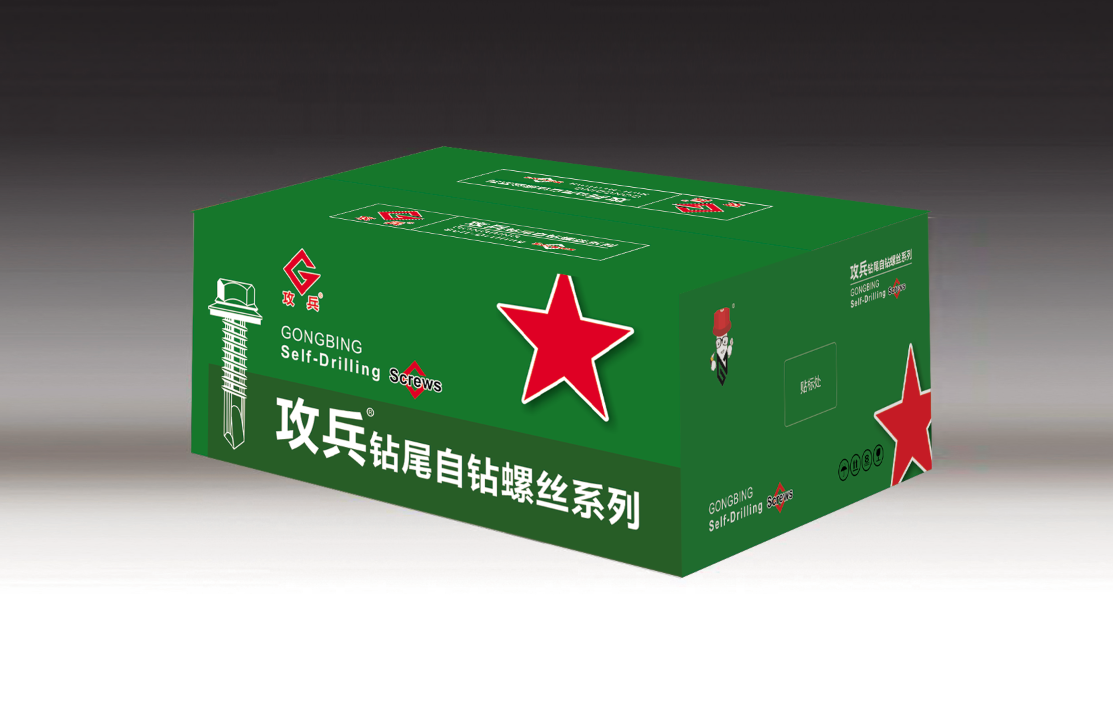High-Quality Self Drilling Screws for Sheet Metal | Durable & Reliable Fasteners
Self-Drilling Screws for Sheet Metal A Comprehensive Guide
Self-drilling screws, also known as Tek screws, are an essential fastener type in the construction and manufacturing industries, especially when it comes to working with sheet metal. These specialized screws are designed to penetrate metal surfaces without the need for pre-drilling, making them a favorite among professionals who value efficiency and precision.
What Are Self-Drilling Screws?
Self-drilling screws feature a drill bit-like point that allows them to create their own hole in the material they are fastening. This design eliminates the need for a separate drilling step, which not only saves time but also reduces the risk of misalignment during installation. Typically made from hardened steel, these screws are engineered to handle the demands of various applications, including roofing, siding, and vehicle assembly.
Advantages of Self-Drilling Screws
1. Speed and Efficiency The most notable advantage of self-drilling screws is their ability to speed up the installation process. Since they do not require pre-drilling, contractors can significantly reduce labor time, enabling them to complete projects more quickly.
2. Versatility Self-drilling screws come in various sizes and styles, allowing them to be used with different thicknesses of sheet metal. They can effectively fasten materials ranging from thin gauge sheets to thicker panels, making them suitable for a wide array of applications.
3. Cost-Effectiveness While the initial investment in self-drilling screws may be higher than traditional screws, the time saved on labor costs and the reduced risk of damaging materials can lead to overall cost savings on projects.
self drilling screws for sheet metal

4. Strong Grip Designed to provide a tight, secure fit, self-drilling screws ensure that metal sheets stay firmly in place, even under stress. Their thread design allows for optimal holding power, minimizing the likelihood of loosening over time.
5. Corrosion Resistance Many self-drilling screws are coated with materials that provide resistance to rust and corrosion. This feature is particularly important in outdoor or harsh environments where exposure to moisture can compromise the integrity of fasteners.
Considerations When Using Self-Drilling Screws
While self-drilling screws offer numerous benefits, there are specific considerations to keep in mind. It is crucial to select the right type of screw for the material thickness and application. Using screws that are too short or not designed for the specific metal can lead to inadequate fastening and potential failure.
Proper installation techniques should also be followed to ensure the best results. For instance, maintaining the correct angle and applying consistent pressure during installation can enhance the effectiveness of the screws. It is also advisable to use a power drill with adjustable torque settings to avoid stripping the screw head or damaging the material.
Conclusion
Self-drilling screws are invaluable in the realm of sheet metal fastening. By streamlining the installation process and providing strong, reliable connections, they significantly enhance productivity and performance in various construction applications. Understanding their benefits and proper usage can lead to successful projects and long-lasting results. Whether for roofing, siding, or other metalworking tasks, self-drilling screws stand out as the go-to fasteners for professionals and DIY enthusiasts alike.
-
Weatherproof Plastic Expansion Anchors for OutdoorNewsJun.06,2025
-
Sustainability in the Supply Chain: Eco-Friendly TEK Screws ProductionNewsJun.06,2025
-
Load-Bearing Capacity of External Insulation FixingsNewsJun.06,2025
-
Double Head Bolts: Enhancing Efficiency in Industrial MachineryNewsJun.06,2025
-
Corrosion Resistance in Chipboard Screws: Coatings for Wholesale DurabilityNewsJun.06,2025
-
Butterfly Toggle Bolts : Enhancing Structural ResilienceNewsJun.06,2025
